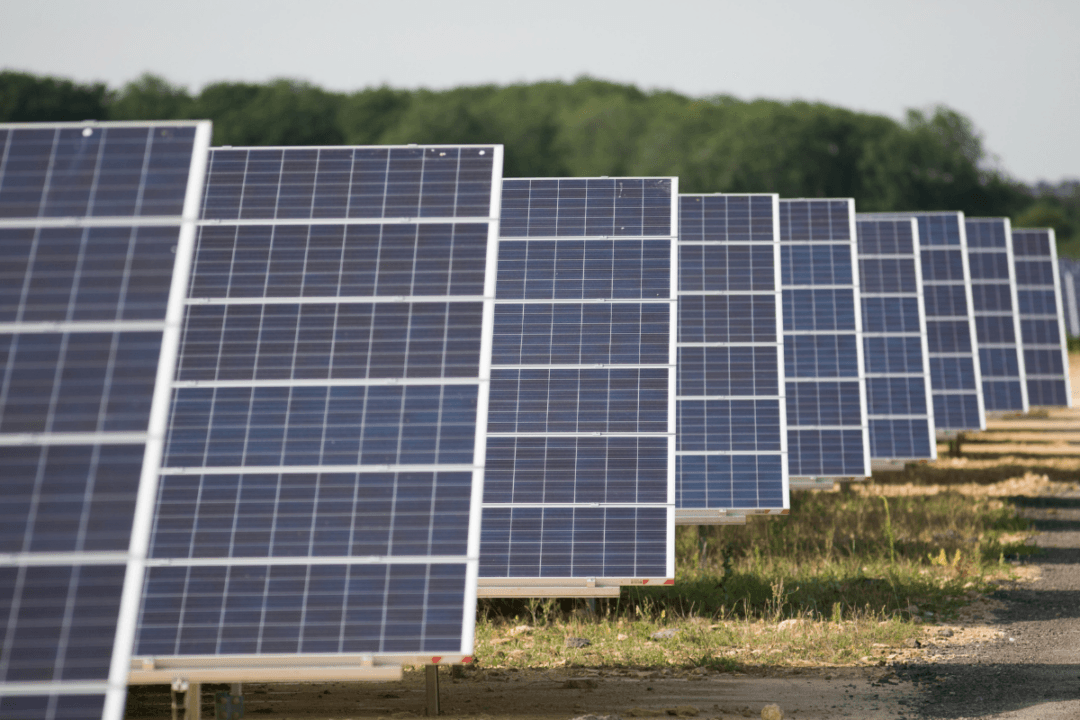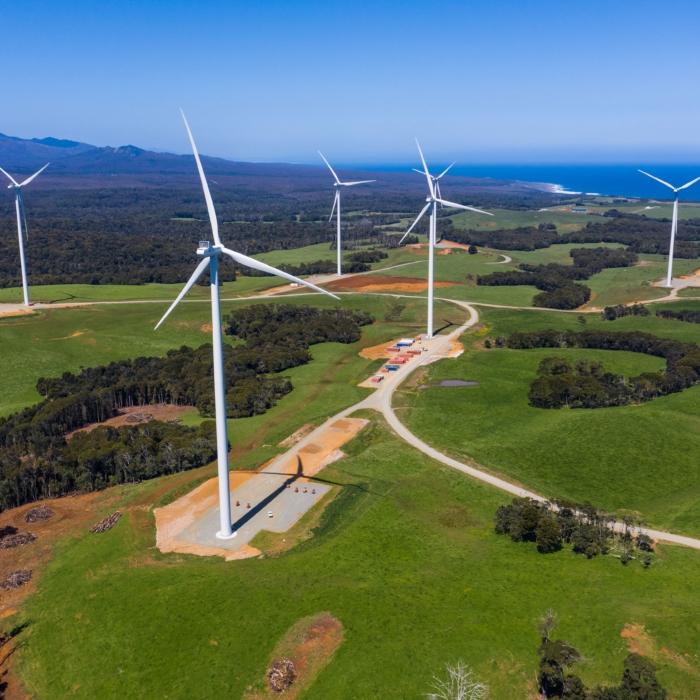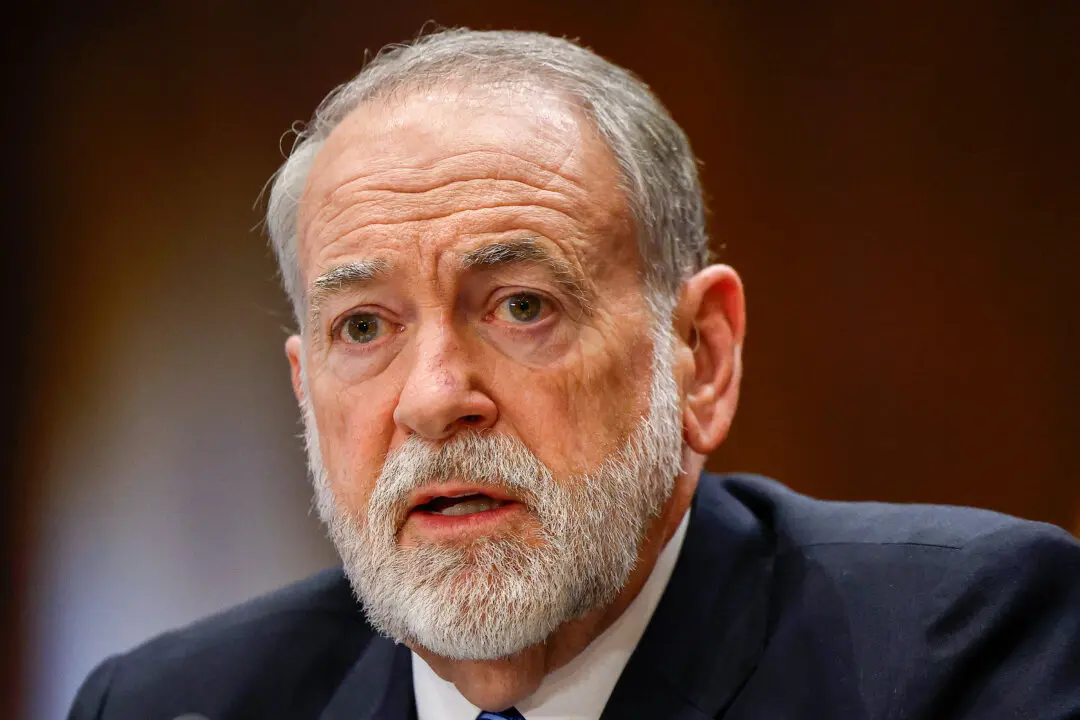MPs have raised concerns over agricultural land being used for green energy projects, such as solar panel farms, impacting food security.
Speaking in the House of Commons chamber on Tuesday, Greg Smith MP said he was seeing “thousands of acres” of agricultural land being built on or earmarked for solar farms in his constituency.
The Conservative MP for Buckingham said during an oral answers to questions debate, “The prime minister was very clear that vast swathes of agricultural land would not be lost to solar on his watch, yet I am seeing thousands of acres across my constituency being built out or proposed for solar—from Kimble Wick to Dinton, Ford to Beachampton, and more—including the latest 2,100 acre abomination in the Claydons known as Rosefield.”
“Good agricultural land that regularly produces wheat harvests of 10 tonnes per hectare, for example, is often falsely graded as 3b because the readings are taken from the headland, not the field,” he continued.
Mr. Smith asked energy minister Andrew Bowie: “When will my honourable friend ensure that energy policy does not trump food security, and stop the mass proliferation of agricultural land being used for inefficient solar?”
Mr. Bowie replied that while “it would not be appropriate for me to comment on any specific matters in relation to that project,” he wanted to “reassure him that all applications are judged on their individual merits, and I encourage him and all his affected constituents to engage with the planning process at every stage as it continues.”
The energy minister said the project is at the pre-application planning stage and the application is expected to be submitted to the Planning Inspectorate between January and March 2025.
The MP for Buckingham had referenced Prime Minister Rishi Sunak’s pledge in August 2022 that the UK must protect its “best agricultural land.”
New National Grid Infrastructure
Later in the session, Conservative MP for Boston and Skegness Matt Warman asked whether the National Grid had considered food security when deciding where to place pylons.“National Grid’s Grimsby to Walpole project will see pylons driven across Lincolnshire’s beautiful landscapes and will take major chunks of some of this country’s best agricultural land out of production.
“Does the secretary of state agree that it is vital that residents respond to the consultation that is currently going on, and that National Grid should be told to take into consideration food security as well as energy security when it considers such applications?” Mr. Warman asked.
Responding, minister for energy security and net zero Graham Stuart said that while he could not comment on a specific proposal, “we need to rewire this country in order to have homegrown energy. That means hosting new infrastructure, with the presumption that it is above ground and done in a way that minimises negative impacts on food security, which I am confident that any proposals that come forward will do.”
The National Grid’s Grimsby to Walpole upgrade will connect proposed new sources of renewable energy to a new line.
Mr. Wyn Jones said: “We need to protect our prime agricultural land for producing food. But government policies are pushing for solar panel farms, wind turbines, planting trees, taking away our opportunity to grow food in this country.”
“We should be putting solar panels onto the roofs of all the industrial sheds, and onto private households as well. And grant-funding them, helping them, making sure we’re more energy sufficient and more self-sufficient in food, energy, and everything that is so important going forward because we need a farming food revolution in this country,” he added.







